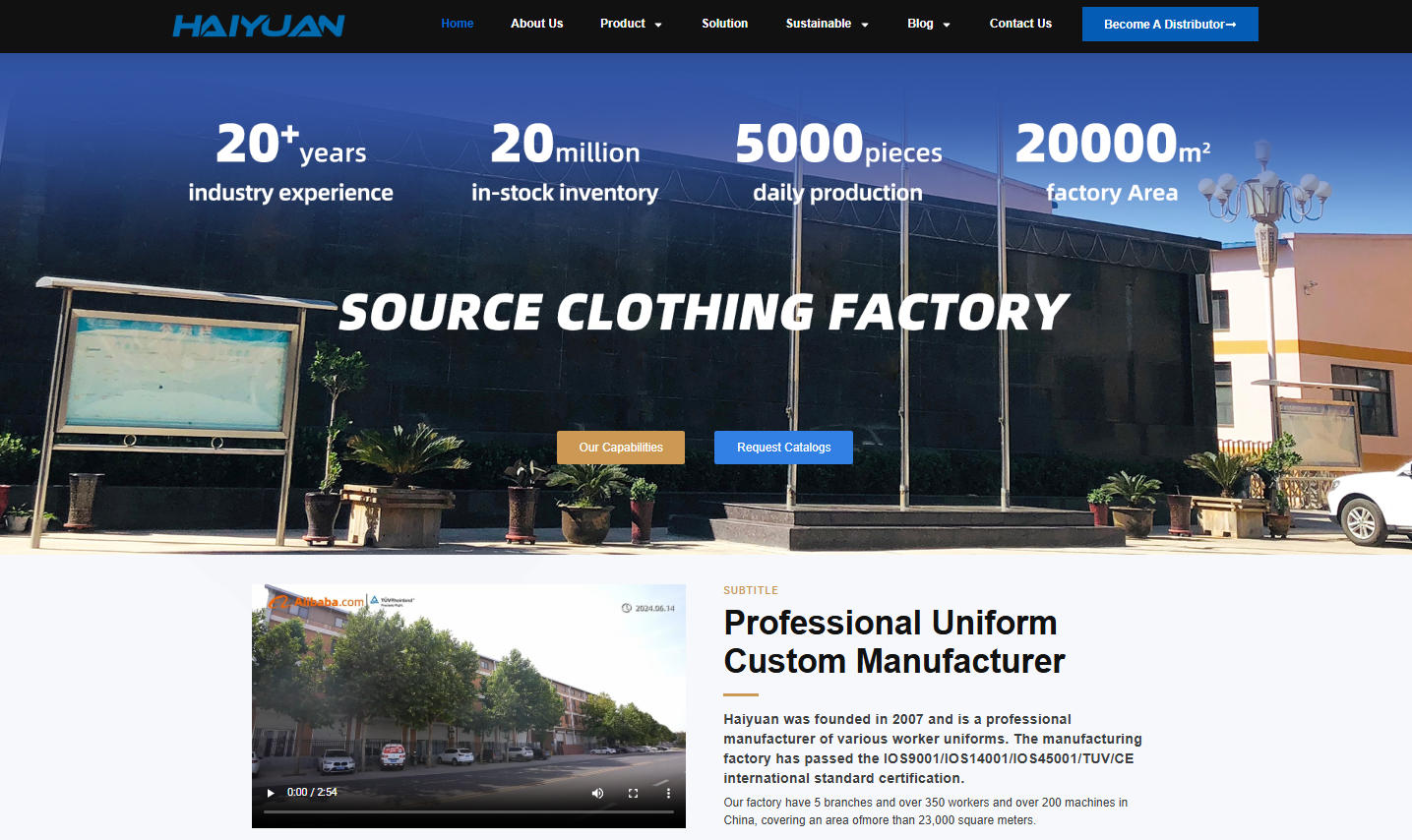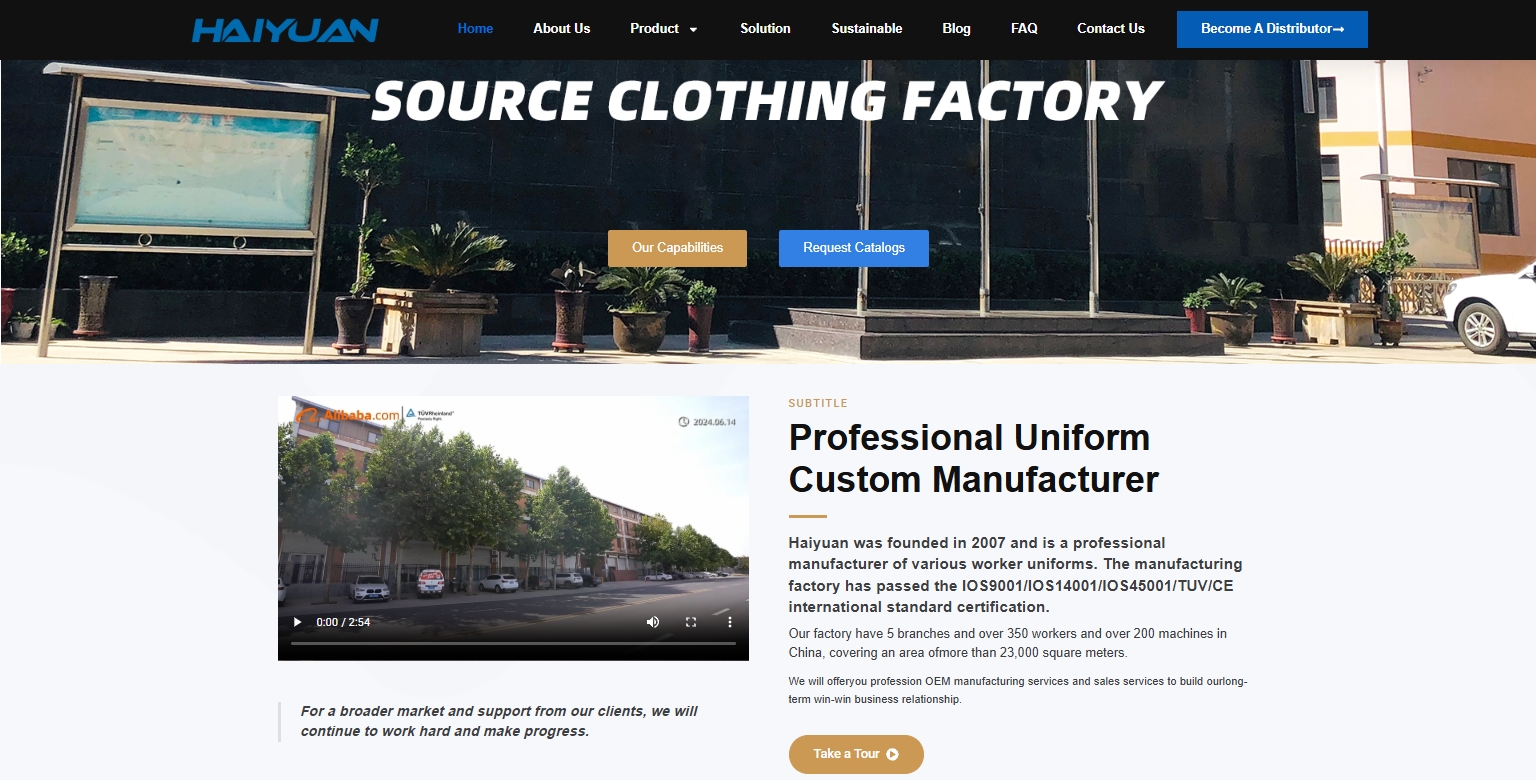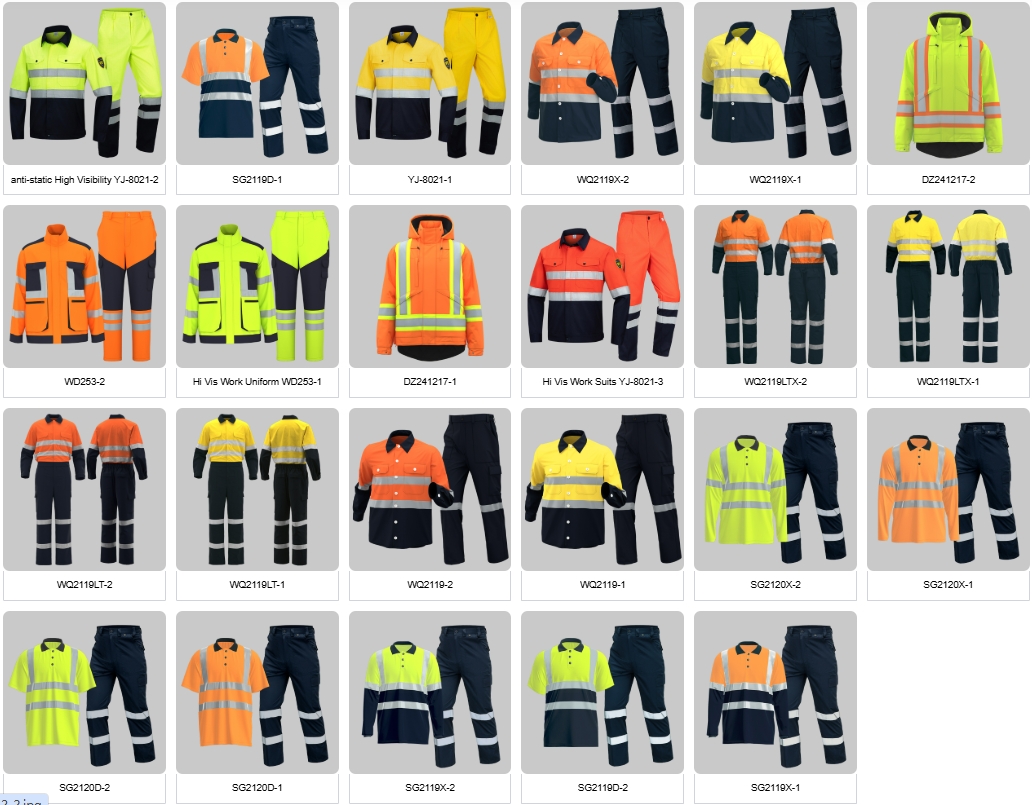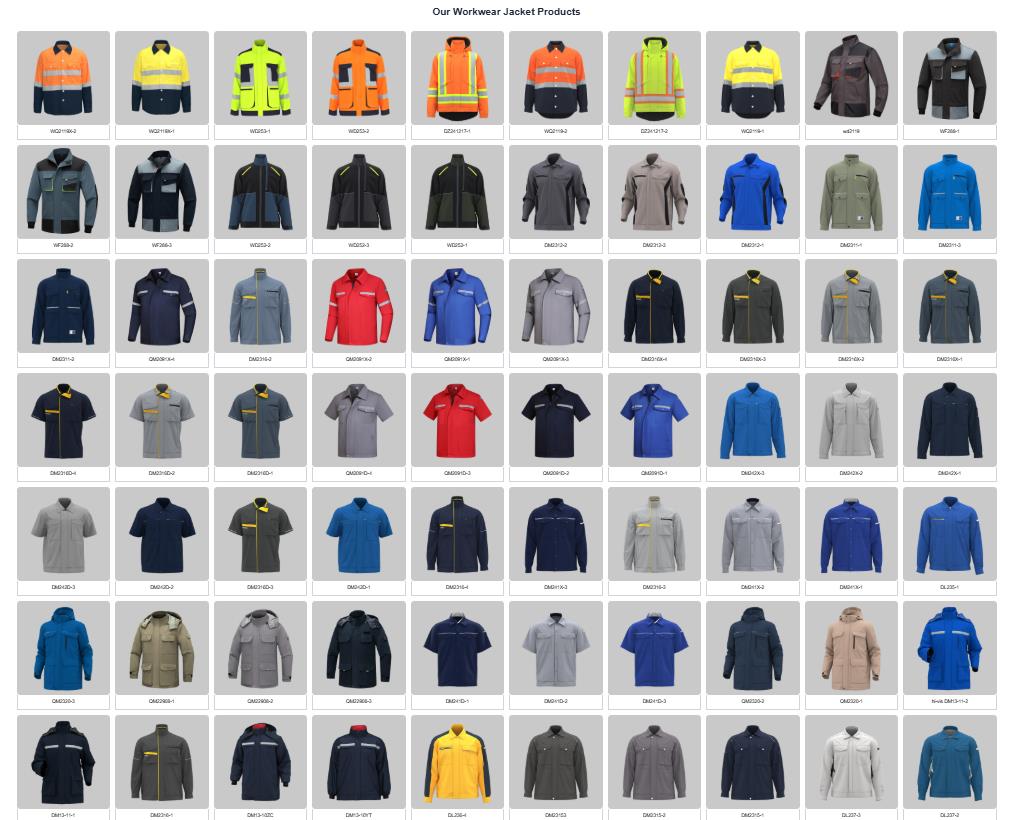This is a crucial question for anyone looking to manufacture or source products. There is no single “best” website, as the ideal platform depends heavily on your specific needs, experience level, and product type.
Here’s a breakdown of the top websites, categorized by their strengths and best use cases.
Tier 1: The Major B2B Platforms (Best for Most People)
These are the giants that most people start with. They have the largest number of suppliers and products.
1. Alibaba.com
-
Best For: Beginners, small to medium businesses, and finding a wide variety of products.
-
Why it’s a top choice: It’s the world’s largest B2B platform. You can find virtually any product imaginable here. It’s designed for international trade.
-
Key Features:
-
Trade Assurance: A payment protection and order security service offered by Alibaba. It’s not a product warranty, but it helps ensure shipment and quality compliance.
-
Gold Supplier: Paid membership indicating a legally registered business. (Note: It verifies legitimacy, not necessarily quality).
-
Assessed Supplier: Suppliers who have been inspected by a third-party company. This is a step above a standard Gold Supplier.
-
-
Considerations: The sheer volume can be overwhelming. Due diligence is critical to filter out unreliable factories.
2. Global Sources
-
Best For: Medium to large businesses, electronics, and fashion accessories.
-
Why it’s a top choice: Known for higher-quality suppliers and a focus on electronics and fashion. They host large trade shows in Hong Kong, and their online platform reflects this quality.
-
Key Features: Many suppliers are verified and have stronger export capabilities. The platform feels more professional and less crowded than Alibaba.
-
Considerations: Generally considered to have higher MOQs (Minimum Order Quantities) and a higher price point than Alibaba.
3. Made-in-China.com
-
Best For: Finding heavy machinery, industrial equipment, and raw materials.
-
Why it’s a top choice: Strong in industrial and mechanical sectors. It’s one of the oldest B2B platforms in China and is operated by a state-owned company.
-
Key Features: Often has suppliers from second and third-tier cities, which can sometimes offer lower prices.
-
Considerations: The user interface and English language support of some suppliers may not be as polished as Alibaba’s.
Tier 2: The “Real” Chinese Marketplace (For the Brave & Experienced)
4. 1688.com
-
Best For: Experienced importers, fluent Mandarin speakers, or those with a reliable sourcing agent.
-
Why it’s a top choice: This is Alibaba’s domestic Chinese platform. Prices are often 20-40% lower because you are cutting out the international middlemen.
-
Key Features: The absolute largest pool of Chinese factories and wholesalers. This is where many Chinese businesses source from.
-
Considerations: The entire website is in Chinese. Payment methods are China-centric (Alipay, bank transfer). Communication is almost exclusively in Mandarin. Logistics can be more complex. Not for beginners.
Specialized & Niche Platforms
5. DHgate
-
Best For: Small orders, samples, and low MOQs.
-
Why it’s a top choice: It functions more like a B2B version of AliExpress. It’s great for buying smaller quantities from wholesalers, which is perfect for testing a product.
-
Key Features: Escrow payment protection. You can often order a single unit.
-
Considerations: You are often dealing with trading companies and wholesalers, not necessarily the factory. Quality control can be inconsistent.
Key Considerations and Best Practices
No matter which platform you choose, follow these steps to protect yourself and ensure success:
-
Due Diligence is Non-Negotiable:
-
Verify the Business License: Ask for it.
-
Check Company Age: Prefer suppliers that have been in business for 3+ years.
-
Communication: Gauge their responsiveness and English proficiency.
-
Get Samples: Always, always order a physical sample before placing a large order. Inspect it thoroughly.
-
-
Understand Supplier Types:
-
Trading Company: A middleman that sources from various factories. They are often easier to communicate with and can handle complex orders, but they add a markup.
-
Factory/Manufacturer: The actual producer. They offer the best prices and control, but may have higher MOQs and less flexible service.
-
-
Communication is Key:
-
Be extremely clear and detailed in your specifications. Use photos, diagrams, and reference samples.
-
Use video calls (e.g., Zoom, WeChat) for factory audits to verify their facility.
-
-
Start with Trade Assurance:
-
For your first orders on Alibaba, using Trade Assurance adds a layer of security.
-
-
Consider a Sourcing Agent:
-
If your budget allows, a good sourcing agent based in China can handle supplier verification, quality control, and logistics, saving you time, money, and stress in the long run.
-
Summary Table
| Website | Best For | Pros | Cons |
|---|---|---|---|
| Alibaba.com | Beginners, Most Products | Huge selection, Trade Assurance, English-friendly | Overwhelming, requires vetting |
| Global Sources | Electronics, Premium Suppliers | Higher-quality suppliers, professional | Higher prices, higher MOQs |
| Made-in-China.com | Industrial & Machinery | Good for heavy industry, competitive prices | Weaker English support, older UI |
| 1688.com | Experts, Lowest Prices | Lowest prices, direct to factories | Entirely in Chinese, complex logistics |
| DHgate | Samples, Small Orders | Low MOQs, easy for small batches | Mostly traders, inconsistent quality |
Final Verdict:
-
If you are a beginner, start with Alibaba.com and use its verification features.
-
If you are sourcing electronics or need higher quality, check Global Sources.
-
If you are experienced or working with an agent, explore 1688.com for the best prices.





